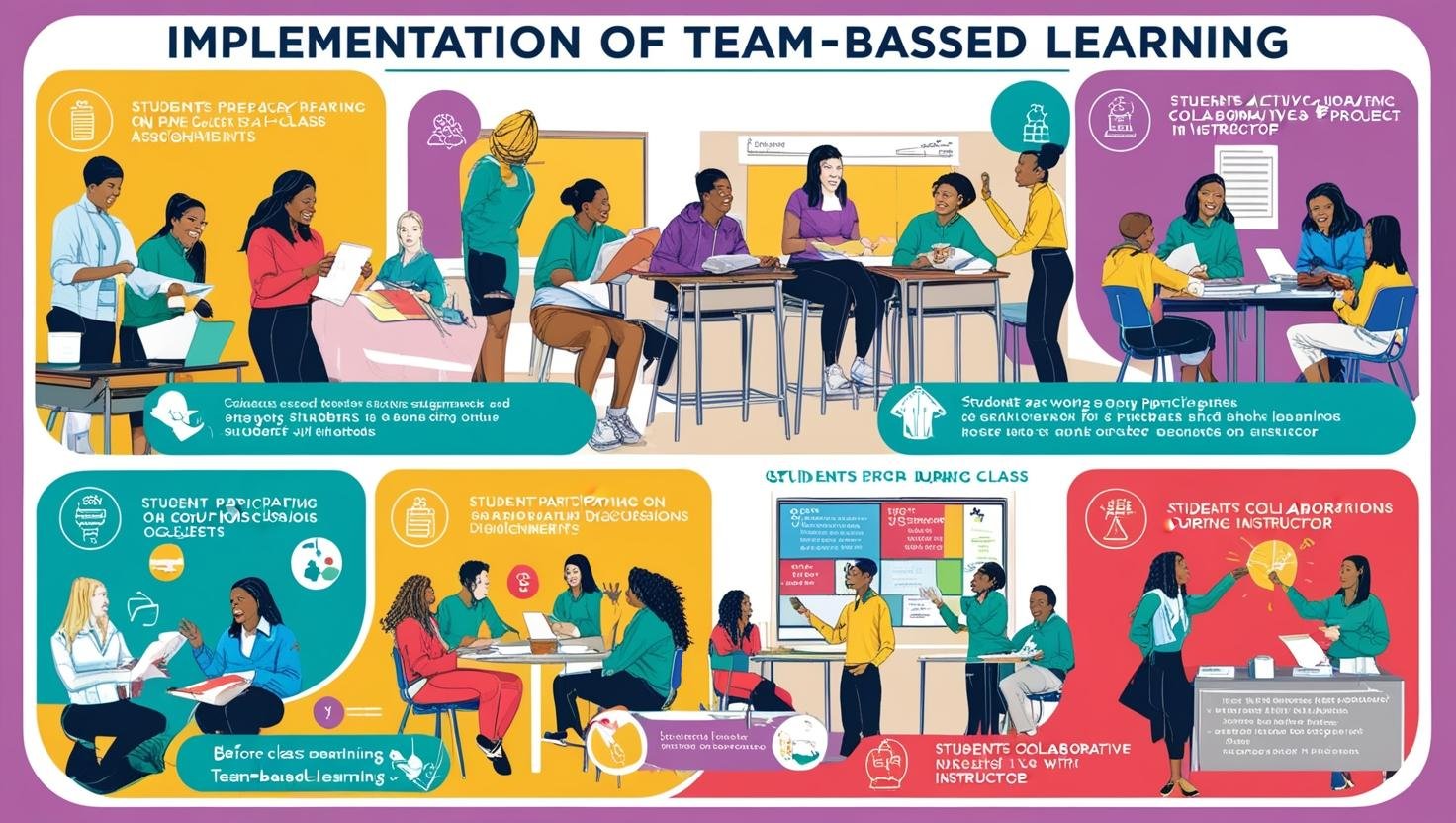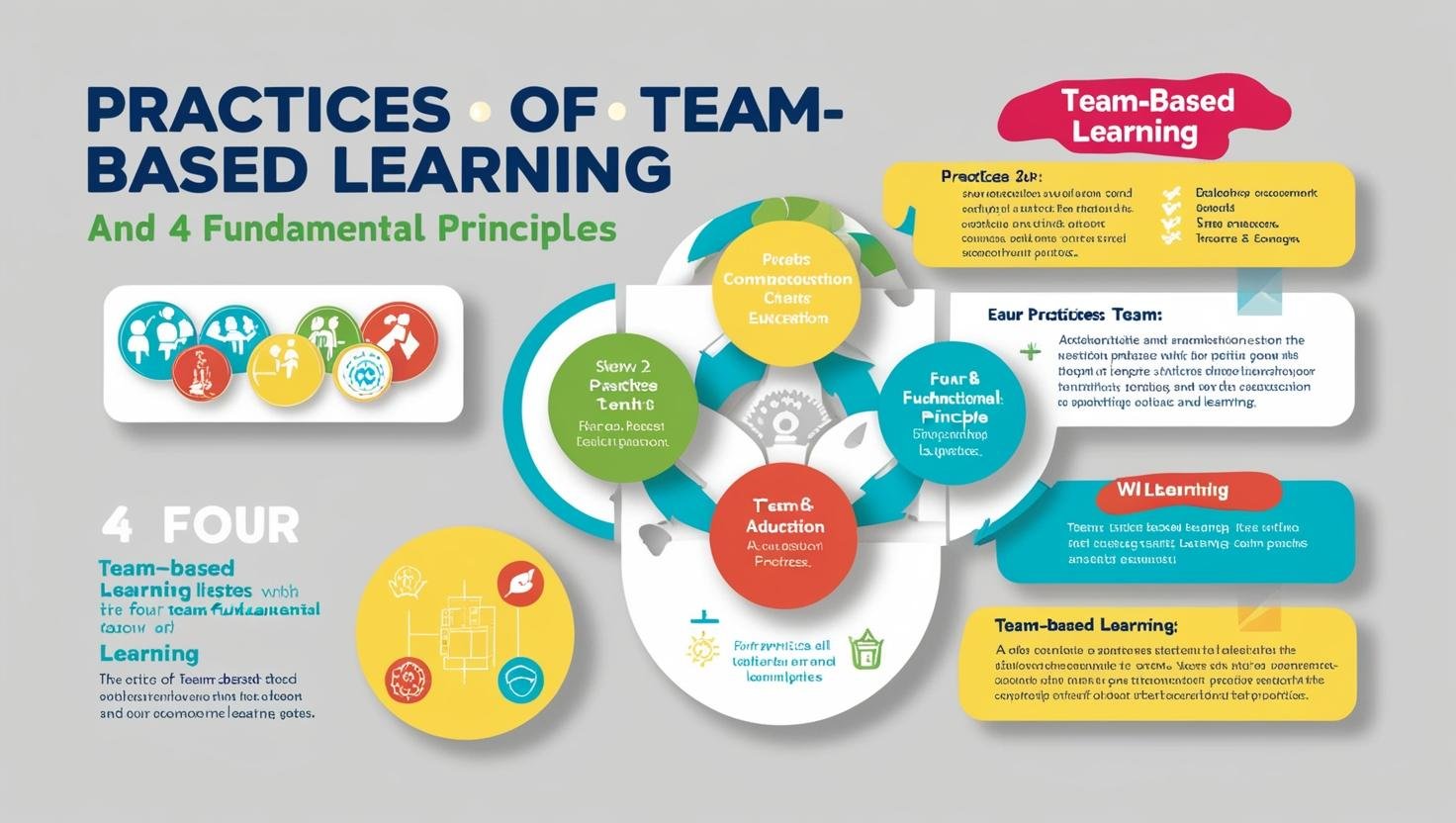Biophysics Chapter 8 Order and Disorder in a Biological System Notes
Concise Biophysics Chapter 8 Order and Disorder in a Biological System Notes Notes Biophysics Chapter 8 Order and Disorder in a Biological System Biological systems, though seemingly chaotic, operate with a remarkable degree of order and organization. In Chapter 8 of Biophysics, we explore the fascinating interplay between order and disorder in living organisms. This … Read more









